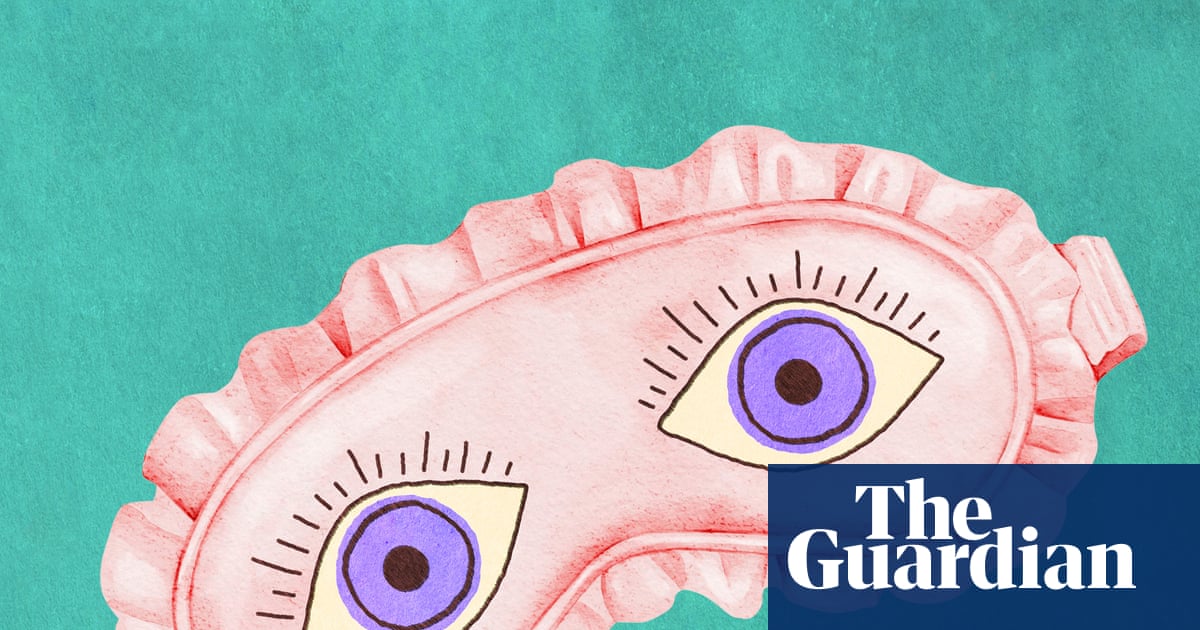
"This can take time when the subject is connected to equipment measuring brain activity, eye movement, heart rate and muscle activation. But about 30 minutes after the woman closed her eyes, Scott saw the telltale signs of sleep from the electroencephalogram, or EEG: a shift to lower-frequency brainwaves. The woman progressed into deep sleep, and was there for quite a while, Scott said."
"If woken up, a person will say they were awake the whole time. It's a frequent issue in insomnia, said Matthew Reid, a neuroscientist and sleep researcher at Johns Hopkins School of Medicine. An insomniac may say they have barely slept, but when tested in a sleep lab, they might actually be sleeping a normal number of hours per night. This leads to a conundrum: how does someone feel rested when they are sleeping enough but just not realizing it?"
Paradoxical insomnia occurs when objective sleep measures show sleep while the person reports being awake. Polysomnography including EEG, eye movement, heart rate and muscle activation can reveal lower-frequency brainwaves indicating deep sleep even when participants insist they never slept. The mismatch between subjective reports and objective sleep has been called paradoxical insomnia, subjective insomnia, sleep state misperception and subjective-objective sleep discrepancy. The mismatch is common in insomnia and can leave people feeling unrefreshed despite adequate sleep duration. Emerging research suggests intermediate brain states may blur boundaries between sleep and wakefulness and influence subjective awareness of sleep.
Read at www.theguardian.com
Unable to calculate read time
Collection
[
|
...
]